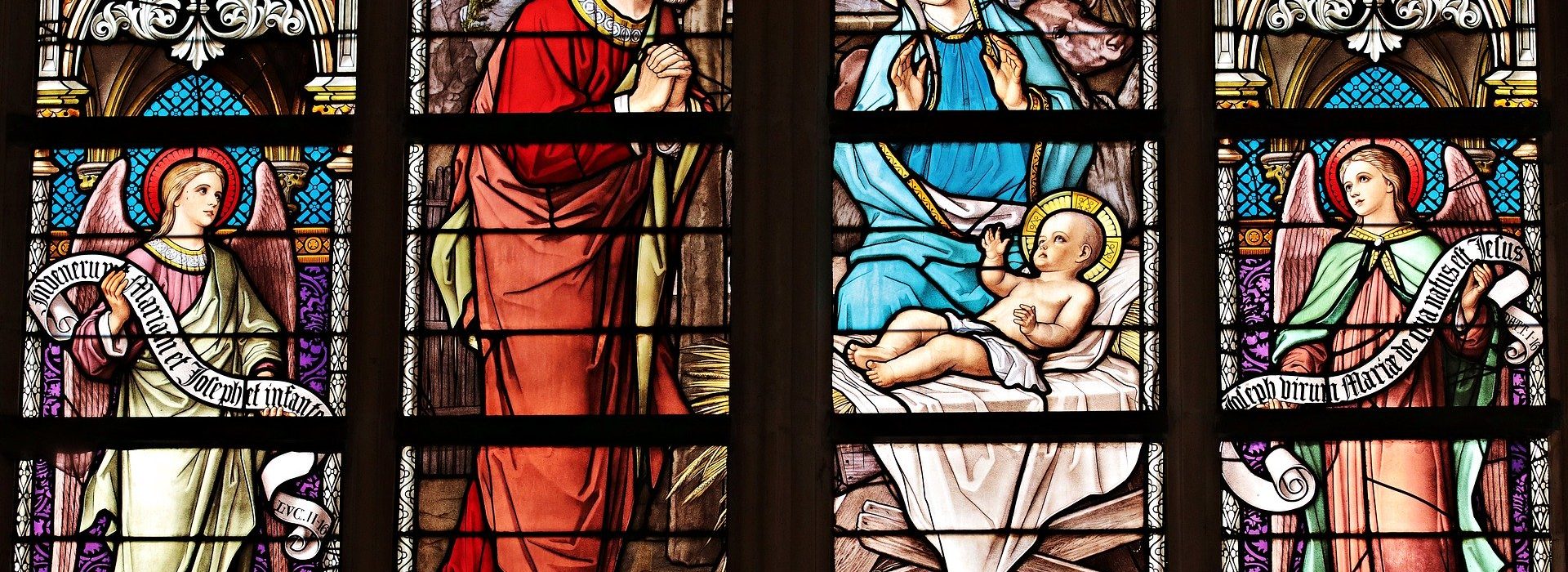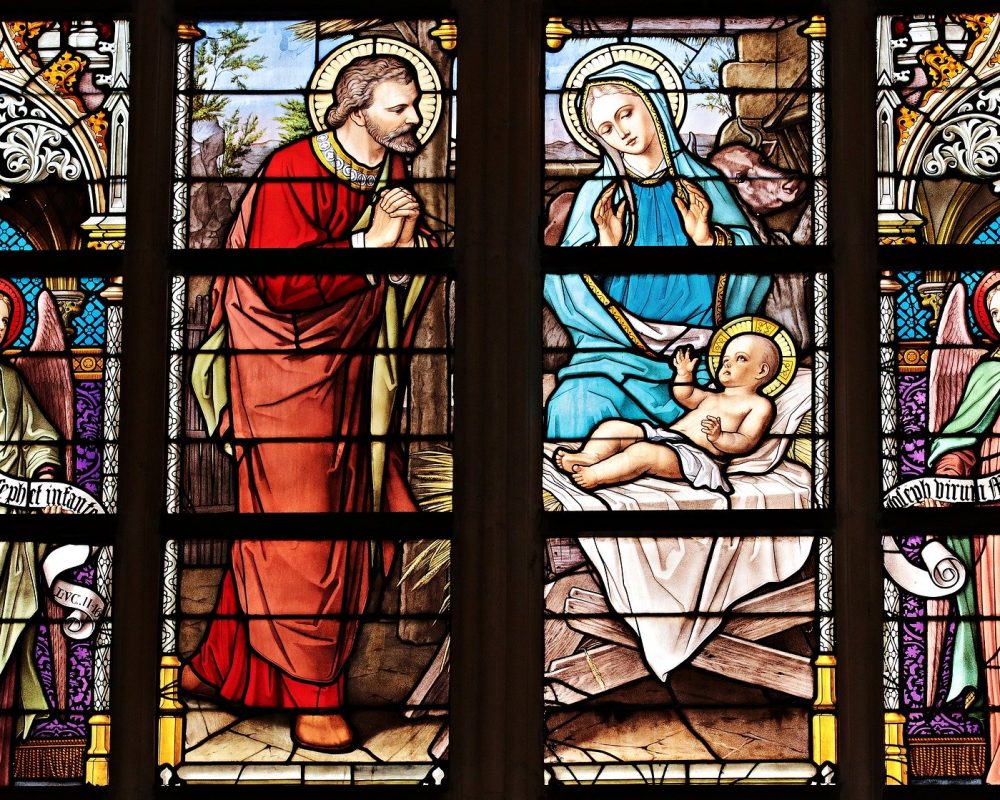Head of Department: Mr M Beckett
Other members of staff:
· Mrs S. Brown
· Ms S. Moss
· Miss J. Smith
· Mrs E. George
· Mrs C. Haigh
· Ms L. Little
Subject: CORE RE
What does the Core RE curriculum consist of?
Our courses of study across the Religious Education (RE) at Churston looks at the broad range of worldviews held by our community and beyond. Our subject occupies a unique place in the curriculum as we are a statutory subject but we use a locally designed curriculum model and this flexibility enables us to design our curriculum to support students in reaching their goals of scholarship and self development through core RE. Our learning materials have been co-designed with our Sixth Form Subject Champions and students regularly feedback into this ongoing curriculum design process. Through our thoughtfully designed and academically rigorous curriculum in RE, our students are invited to analyse and engage in debate with real-world arguments and issues; to explore the depths of what it means to be ‘human’ today. Core RE provides an optimal environment for students’ development in their spiritual, moral, social and cultural development too; by studying religions in the context of the cultures they grew from, students are exposed to the themes that tie human beliefs and practices together in our complex modern world. Enquiry topics take students through their studies using the themes of philosophy, sociology, and religious theology to explore different questions and ideas. These themes are interwoven throughout our core curriculum and aim to foster the curiosity and enthusiasm of students so they can strive to be critically minded, analytical and empathetic in their engagement with the differing views of the wider world as they grow.
Curriculum enquiry topics for Core RE at Churston.
|
Year 7 (x2 lessons a fortnight) |
Year 8 (x3 lessons a fortnight) |
Year 9 (1 lesson a fortnight) |
Year 10 (1 lesson a fortnight) |
Years 11, 12 & 13 (Bespoke programme) |
|
|
Autumn 1 |
What Does Britain Value? |
Is world Peace possible? |
What are some of the sublime and surreal aspects of worldviews? |
Was Nietzsche right when he said God is dead? |
In Years 11, 12 and 13 we have RE debates and discrete lessons built into our Tutor sessions. These are designed to support students in their development and understanding of how worldviews and ethical choices affect and shape their worlds outside of their experiences of school. |
|
Autumn 2 |
What difference does it make to believe? |
Jesus: Man, Myth, or Messiah? |
|||
|
Spring 1 |
How do differing worldviews affect ethical living? |
Should happiness be the purpose of life? |
Why is there suffering and does it disprove God’s existence? |
||
|
Spring 2 |
Where did life come from and why should we care? (& Summer examinations in classrooms) |
Spirited arts ( & Summer Examinations in the Hall) |
|||
|
Summer 1 |
What rights and responsibilities do I have? |
Is death the end? |
Good, bad, right and wrong; how do I decide? |
||
|
Summer 2 |
How do people express their spirituality through pilgrimages? |
Why don’t Hindus’ want to be reincarnated? |
What difference does this make for our students?
The subject of philosophy and religious studies is a fascinating journey into the origins, beliefs, teachings and practices of the religions and worldviews. Through a thoughtful and rigorous curriculum, students are invited to inquire, analyse and explore and engage in debate on real-world issues; interwoven with religions and human centred beliefs. The PRS department is committed to providing outstanding and inclusive education for all. The goal of the department is to foster curiosity and enthusiasm through a range of enquiries and themes. We strive to help form our students into individuals that are critically minded, analytical and evaluative in their approach to the study of religions, worldviews, philosophy and ethics. We aim to provide ample opportunities for immersion in relevant cultural capital and equip students with the tools necessary to engage in their society and recognise the value of others. Overall, through taking core RE throughout their 7 years at Churston, students will leave as religiously literate, critical thinkers who can better understand the world around them and their important role in it.
Assessment
There are two strands to assessment in Core RE. The first strand of assessment, across years 7-10, students will be assessed throughout the year using our Attitude to Learning (AtL) frameworks: Organisation; Personal Responsibility; and Engagement and Focus. The second strand of assessment is the use of formal assessments throughout the year, using a range of assessment styles, to identify the progress students have made within RE to support them. In Years 7 and 8 students will be assessed through a formal summative end of unit assessment as part of their end of Year tests to track their skills and competencies at each stage of their curriculum too.
What skills and academic approaches are developed in Core RE?
The key skills developed in PRS (learning to analyse and evaluate key ideas, thinking critically and communicating our thoughts) help students to become thoughtful and well-informed individuals that will be valued in any workplace. Students find that they improve their written communication through the subject’s focus on composing written arguments that defend students’ own views on religion and current affairs. Class debates form a key part of learning and improve students’ confidence in verbalising their thoughts and in contributing to group discussions. Students who progress in the subject through to A Level often opt for further study at university, often taking courses such as sociology, history, medicine, politics and English literature.
Learning in PRS is done in such a way as to provide an optimal environment for students’ spiritual, moral, social and cultural development. By studying religions in the context of the cultures they grew from, students are exposed to a variety of new perspectives and are introduced to a number of cultural practices. The PRS department is somewhat fortunate in being able to provide a wealth of opportunities for students to reflect on their own ideas of god/God, human nature, life and death. Students are given the freedom to share their thoughts with their peers in small group discussions and with larger whole-class debates, thus developing key social skills of listening to others and responding critically to religious ideas alongside other students’ opinions and beliefs. We have designed an approach to the key skills students will develop over time to support students in building self awareness of their development of scholarship in RE. We have designed an approach to skill development that helps students present their thoughtful and well-informed views through their both verbal and written communication through our focus on composing arguments for debating worldviews and current affairs topics. The skills we have built into our curriculum aim to equip our students to be religiously literate, critical thinkers who can better understand the world around them. We seek to enable our students to look inward and see where their worldviews meet the lived experiences of others from other religions and worldviews that students explore in our classrooms.
|
Think, like a theologian… Show the meaning and value of religious teachings and beliefs about God, in different contexts. |
Problem solved, like a philosopher… Seek knowledge about the purpose of human beliefs and actions; now and in history. |
Study, like a sociologist… Evaluate sources of evidence to recognise diversity and hypothesise how this impacts our social norms and worldviews. |
|
|
Skills focus by year group:
Yr. 7- Explanatory writing. Yr. 7 – Religious knowledge. Yr. 8 – Debating ideas. Yr. 8 – Critical thinking. Yr. 9 – Textual analysis. Yr.10 – Abstract reasoning. |
Skills focus by year group:
Yr. 7 – Verbal reasoning skills. Yr. 7 – Problem solving. Yr. 8 – Logic and argumentation. Yr, 8 – Clear and disciplined thinking. Y. 9 – Persuasive writing. Yr. 10 – Analytic reasoning. |
Skills focus by year group:
Yr. 7 – Social and cultural knowledge. Yr. 7 – Data interpretation. Yr. 8 – Source analysis. Yr. 8 – Evidence-based reasoning. Yr. 9 – Evaluative pattern seeking. Yr. 10 – Research design. |
|
Career opportunities
In many areas of work, employers look for someone with an enquiring mind, the ability to understand and reflect and someone who values the opinions and attitudes of other cultures and belief systems. More specifically, the knowledge and skills developed within core RE meet the criteria in a number of careers. For example, broadcasting, journalism, publishing, politics, medicine, business, law, social work, psychiatry, armed forces, social media/technology, and teaching. Most professions today require an ethical and problem solving dimension to their practice and our Core RE course will equip students with the critical thinking skills, literacy and written communication needed to excel in these areas of future work and interest.


